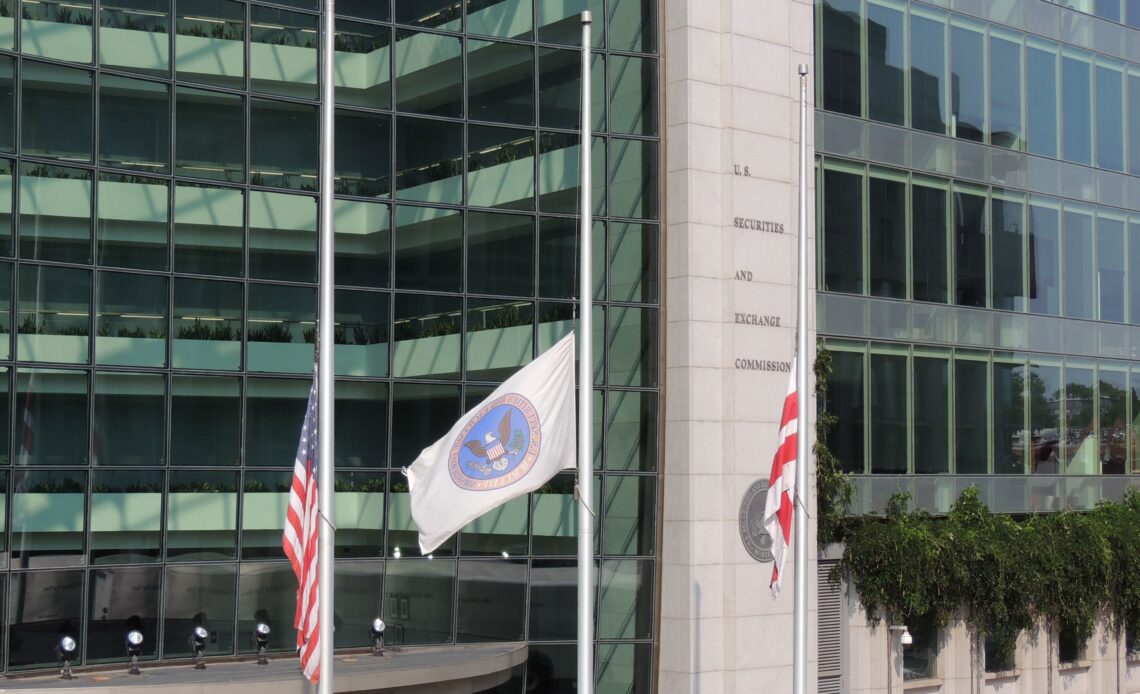A federal judge ruled that secondary-market transactions for certain cryptocurrencies violated securities law. The catch: This was a default judgment. The defendant never showed up, and no one filed amicus briefs to oppose the Securities and Exchange Commission’s motion for a default ruling.
You’re reading State of Crypto, a CoinDesk newsletter looking at the intersection of cryptocurrency and government. Click here to sign up for future editions.
The narrative
Judge Tana Lin, of the U.S. District Court for the Western District of Washington, ruled last Friday that Sameer Ramani violated federal securities law by using insider information to trade on cryptocurrencies that would be listed on Coinbase.
Why it matters
The ruling may have implications for the SEC’s other cases against crypto exchanges like Coinbase, Binance/Binance.US and Kraken. While a default judgment ruling arguably has less precedential value than a ruling after a bench trial, or set of hearings where the various parties present their cases, it’s still a ruling by a federal judge. And, it’s a ruling in the same circuit as other crypto-relevant cases.
Breaking it down
A federal judge ruled that Ramani, who was friends with a former Coinbase employee, traded securities based on insider knowledge.
The case dates back to 2022, when the Department of Justice alleged that former Coinbase product manager Ishan Wahi, his brother Nikhil and Ramani committed wire fraud and insider trading. Ishan Wahi would share information about Coinbase’s future asset listings with his brother and Ramani, who then traded on those assets.
The Wahis pleaded guilty to DOJ charges and settled the SEC charges. On Friday, the SEC won its motion for default judgment against Ramani, the third and final defendant in the case, who never showed up to fight back.
While a number of groups filed friend-of-the-court briefs before the Wahis settled the SEC charges, the Friday ruling does not appear to reference or acknowledge those.
“Courts reviewing motions for default judgment must accept the allegations in the complaint as true,” the judge noted.
“Taking the allegations in the FAC [first amended complaint] as true, the Court finds that: (1) Ramani traded on material nonpublic information that he knew was provided to him in breach of Ishan’s duty as a…
Click Here to Read the Full Original Article at Cryptocurrencies Feed…
























